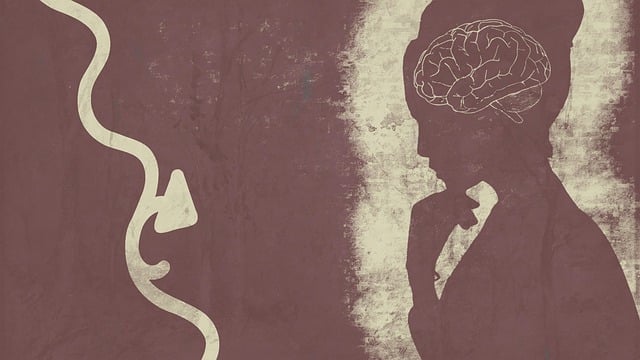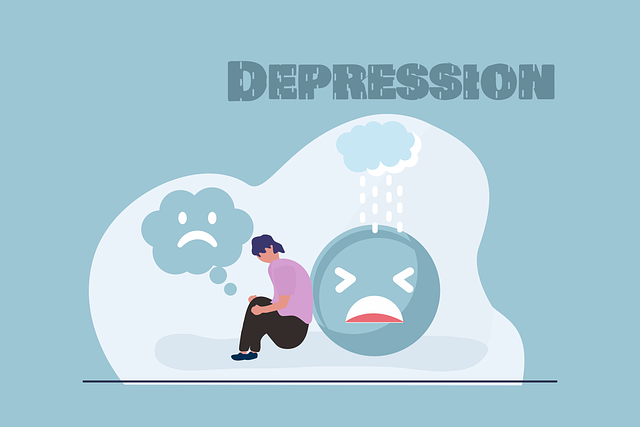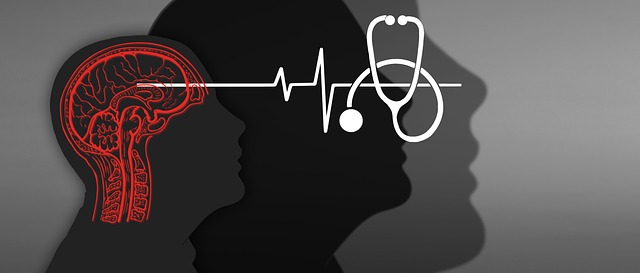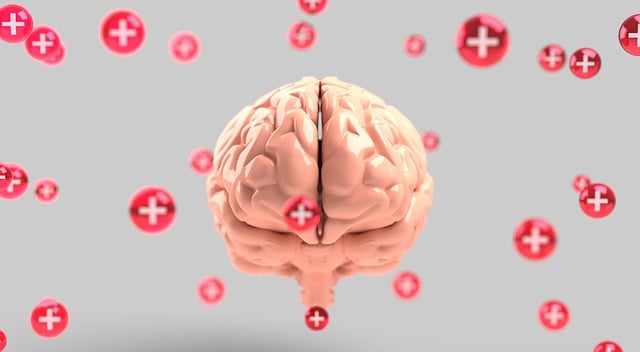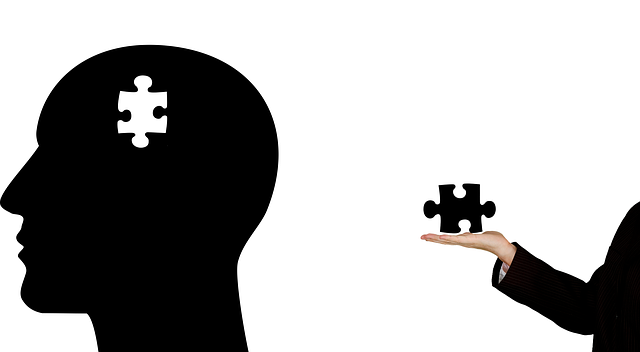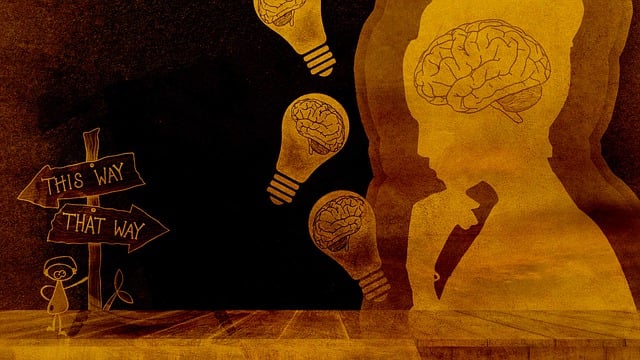Parents play a crucial role in recognizing and addressing children's mental health challenges, such as behavioral changes or intense emotions, by identifying signs like mood swings and seeking professional guidance through evidence-based therapies like CBT. Cultural sensitivity ensures tailored treatments, and mindfulness practices enhance healing processes. Mindfulness techniques, including meditation and Compassion Cultivation Practices (CCP), help manage symptoms and build resilience in children. Diverse therapeutic approaches target specific needs, with programs focusing on early intervention and stigma reduction. Creating a safe, non-judgmental space at home, incorporating mindfulness into daily routines, and engaging in community outreach supports a child's mental health journey.
Mental illness diagnosis and treatment navigation can be challenging, especially for parents. This comprehensive guide aims to support you in understanding your child’s mental health journey. We explore key aspects like identifying symptoms and navigating various therapies, including mindfulness techniques proven effective in child therapy. Learn how mindfulness benefits children’s mental well-being and discover strategies for family involvement throughout the process. By delving into these topics, parents can effectively guide their children towards healing and growth.
- Understanding Mental Health Diagnoses for Children: A Parent's Guide
- The Role of Mindfulness in Child Therapy and Its Benefits
- Navigating Treatment Options: Therapies for Children with Mental Illness
- Supporting Your Child's Journey: Tips for Effective Family Involvement
Understanding Mental Health Diagnoses for Children: A Parent's Guide

Understanding mental health diagnoses for children can be a daunting task for parents, but it’s a crucial step in ensuring their child receives the proper care and support. The first step is recognizing the signs and symptoms that may indicate a mental health issue. These can range from changes in behavior, such as extreme mood swings or withdrawal from social activities, to difficulties in school performance or persistent fears and anxieties. It’s important for parents to approach this process with empathy and understanding, treating their child’s experience with the same care they would extend to physical health concerns.
Once a potential issue is identified, seeking professional help is essential. Therapy for children often involves evidence-based practices that promote mindfulness and emotional healing processes. Through techniques like cognitive behavioral therapy (CBT), parents can learn conflict resolution strategies to support their child’s mental well-being at home. Moreover, cultural sensitivity in mental healthcare practice plays a vital role, as it ensures that treatments are tailored to the unique experiences and needs of each child and family, fostering an environment where everyone feels heard and respected.
The Role of Mindfulness in Child Therapy and Its Benefits

Mindfulness has emerged as a powerful tool in child therapy, offering significant benefits for young minds navigating mental health challenges. This ancient practice encourages children to focus on the present moment, fostering a sense of calm and awareness. Through mindfulness meditation, therapists can help kids develop emotional regulation skills, improving their ability to manage stress and anxiety effectively. By engaging in simple exercises like mindful breathing or body scans, children learn to observe their thoughts and emotions without judgment, leading to enhanced self-awareness and mental resilience.
Incorporating mindfulness into therapy sessions allows mental health professionals to assess risk factors more accurately. The Risk Assessment for Mental Health Professionals can be tailored to include mindfulness-based questions, enabling a comprehensive understanding of the child’s mental wellness. Additionally, encouraging children to maintain a Mental Wellness Journaling Exercise Guidance can support their progress between sessions. This practice helps them reflect on their emotions and experiences, track their mood, and identify triggers, ultimately contributing to better-informed therapy goals.
Navigating Treatment Options: Therapies for Children with Mental Illness

Navigating treatment options for children with mental illness can be a complex task. It’s crucial to understand that various therapeutic approaches exist, each tailored to address specific needs. Mindfulness-based interventions, such as Compassion Cultivation Practices (CCP), have gained prominence in recent years. These practices not only help manage symptoms of anxiety and depression but also foster resilience in young minds. By incorporating mindfulness into therapy, children learn to regulate their emotions and develop a non-judgmental awareness, which is vital for overcoming mental health challenges early on.
The landscape of treatment options further expands with evidence-based therapies like Cognitive Behavioral Therapy (CBT), known for its effectiveness in treating various mental health disorders. CBT helps children identify negative thought patterns and replace them with more adaptive ones. Additionally, Depression Prevention programs target at-risk youth, aiming to reduce the onset of depression through early intervention. Efforts to combat Mental Illness Stigma Reduction are also integral to creating a supportive environment where children feel comfortable seeking help without fear of judgment or ostracization.
Supporting Your Child's Journey: Tips for Effective Family Involvement

Supporting your child’s mental health journey can be a challenging yet profoundly rewarding experience for families. Effective family involvement is crucial in navigating therapy for children and fostering positive outcomes. Start by creating an open, non-judgmental space where your child feels safe to express their thoughts and emotions. This could involve regular family meetings dedicated to discussing feelings, setting goals, and reviewing progress.
Incorporate mindfulness practices into daily routines as a way to enhance emotional regulation skills. Simple exercises like deep breathing or mindful walks can help children manage stress and anxiety. Additionally, consider engaging in community outreach programs or designing mental health education programs together, promoting collective learning and advocacy for mental health policy analysis and advocacy.
Mental illness diagnosis and treatment can be a complex journey, but with the right tools and support, parents can guide their children towards recovery. By understanding mental health diagnoses specifically tailored for children, incorporating mindfulness techniques into therapy, exploring diverse treatment options, and fostering active family involvement, we empower our young ones to navigate their mental health challenges successfully. Mindfulness, in particular, has proven to be a valuable asset in child therapy, offering benefits that enhance overall well-being. With dedicated resources and a supportive environment, children can thrive and lead fulfilling lives.
